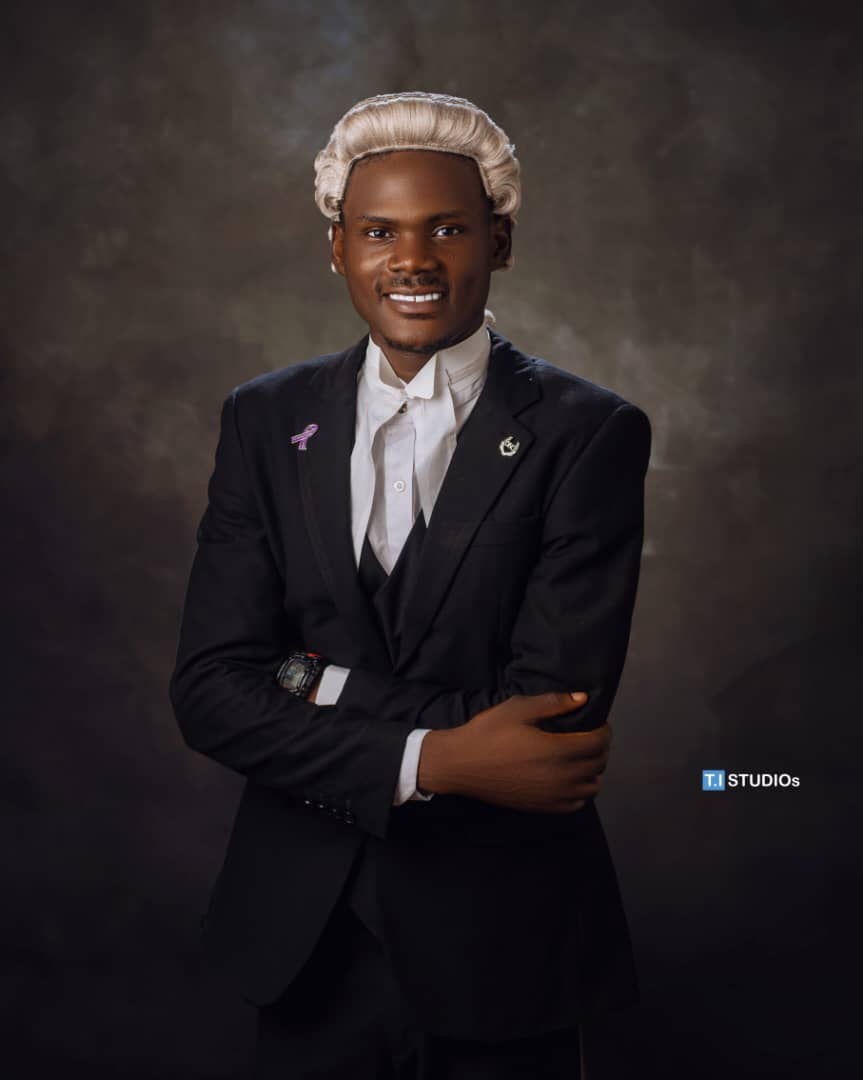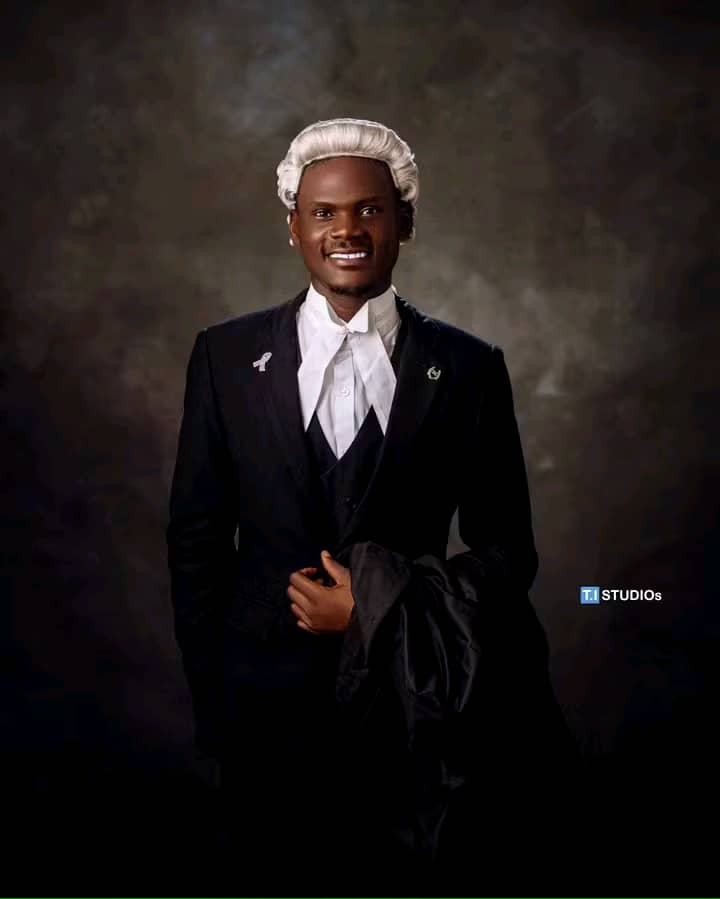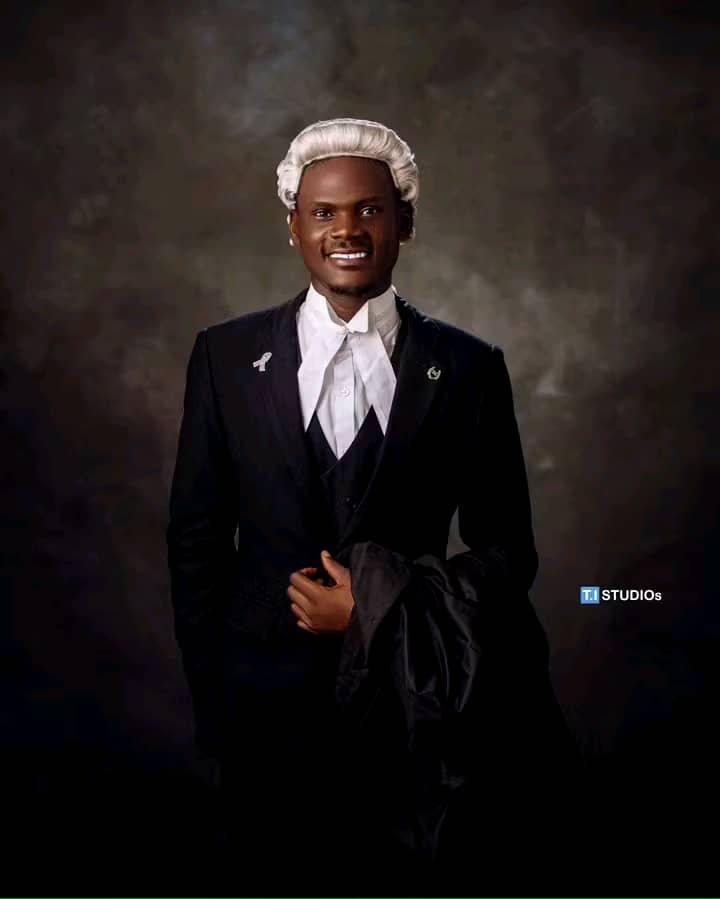By P.L. Osakwe
■ INTRODUCTION
In the age of smartphones, cameras lurk everywhere. A stranger can click, a flash can go off, and suddenly your image is captured, whether you wanted it or not. Most times, we brush it off as harmless. But what happens when that seemingly innocent photograph comes with a price tag? When someone takes your picture without your knowledge or consent, only to demand payment for it, what does the law of Nigeria say?
This article interrogates whether such conduct amounts to an offence, a civil wrong, or simply a moral misjudgment.
1. The Right to Privacy Under the Constitution
The 1999 Constitution (as amended) guarantees in Section 37 the right to privacy of citizens, their homes, correspondence, and telephone conversations. While the Constitution does not expressly mention photographs, privacy has evolved globally to include control over one’s image and likeness.
If someone takes your picture without permission and seeks to monetize it, that action infringes on your constitutional privacy rights. Nigeria’s courts have gradually begun to recognize that the dignity of a person includes the right not to have their personal image exploited without consent.
2. Extortion Without Force: A Subtle Crime
One might think extortion only applies when a gun is pointed at your head or when threats are shouted across a dark alley. But Nigerian criminal law is broader. Under the Criminal Code Act (applicable in Southern Nigeria) and the Penal Code (applicable in Northern Nigeria), extortion includes obtaining or attempting to obtain something of value through threats, coercion, or undue influence.
If a person takes your photograph and then demands that you pay for it, the demand itself, though seemingly harmless, can be read as an attempt to unlawfully obtain money. It is not a voluntary business transaction. It is built on exploitation: “Pay me, or I use your image without consent.”
That is a fine line between ordinary business and criminal extortion.
3. Civil Liability: Misappropriation of Personality
In tort law, every individual has a right to control the commercial use of their likeness. Where someone takes your picture and seeks payment by using it without permission, this may amount to misappropriation of personality or even passing off, especially if your identity is leveraged for commercial gain.
For instance, imagine a roadside photographer who captures your image in a market, prints it on a calendar, and then demands that you buy it. That act not only violates your autonomy but also exploits your personal identity for profit without contractual agreement.
4. Consumer Protection and Unfair Practices
The Federal Competition and Consumer Protection Act (FCCPA) 2018 frowns at unfair trade practices. Where a photographer pressures unsuspecting individuals into paying for unsolicited photographs, it can be classified as unfair exploitation of consumers. Consent is the bedrock of legitimate business. Without it, the act shifts from trade into manipulation.
5. Between Culture, Ethics, and Law
In many Nigerian communities, photography is part of social life. Street photographers, event cameramen, and tourist-site photo sellers often capture unsuspecting individuals and later offer the photos for sale. Some pay, some walk away.
But we must ask: should such practices be allowed to continue unchecked? Should the dignity of Nigerians be left at the mercy of camera lenses and unsolicited bills? In a world where data protection and privacy are gaining momentum, the Nigerian legal system cannot afford to treat this as a mere nuisance.
■ Conclusion: The Case for Reform
At present, Nigerian law does not expressly make it an offence to take someone’s photograph without consent. But when that photograph becomes a tool for pressure, exploitation, or payment demand, the act crosses into possible criminal extortion, civil liability, and violation of privacy rights.
The law must evolve to protect Nigerians from this subtle but dangerous abuse. Legislators should consider specific image rights laws, drawing from global best practices, to clearly prohibit the exploitation of personal likeness without consent.
A picture may be worth a thousand words, but when taken without permission and tied to a demand for money, it may also be worth a thousand offences.



